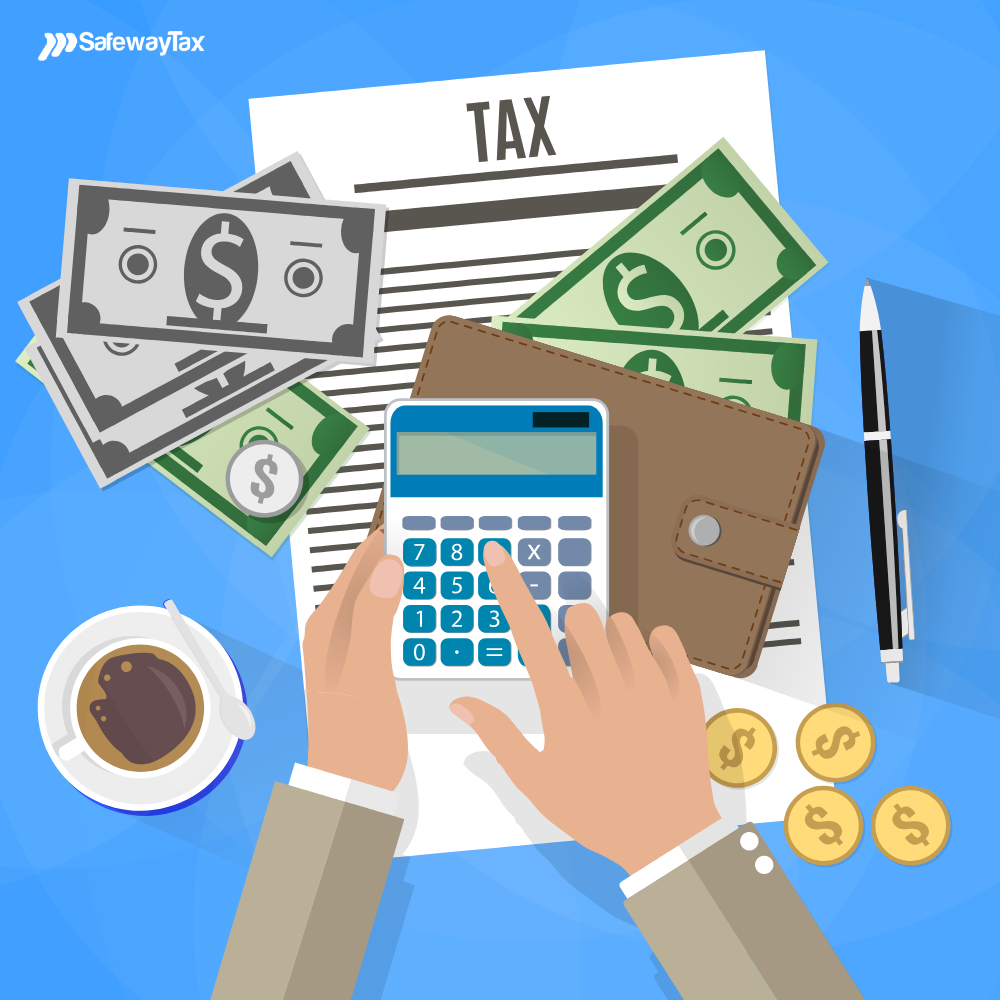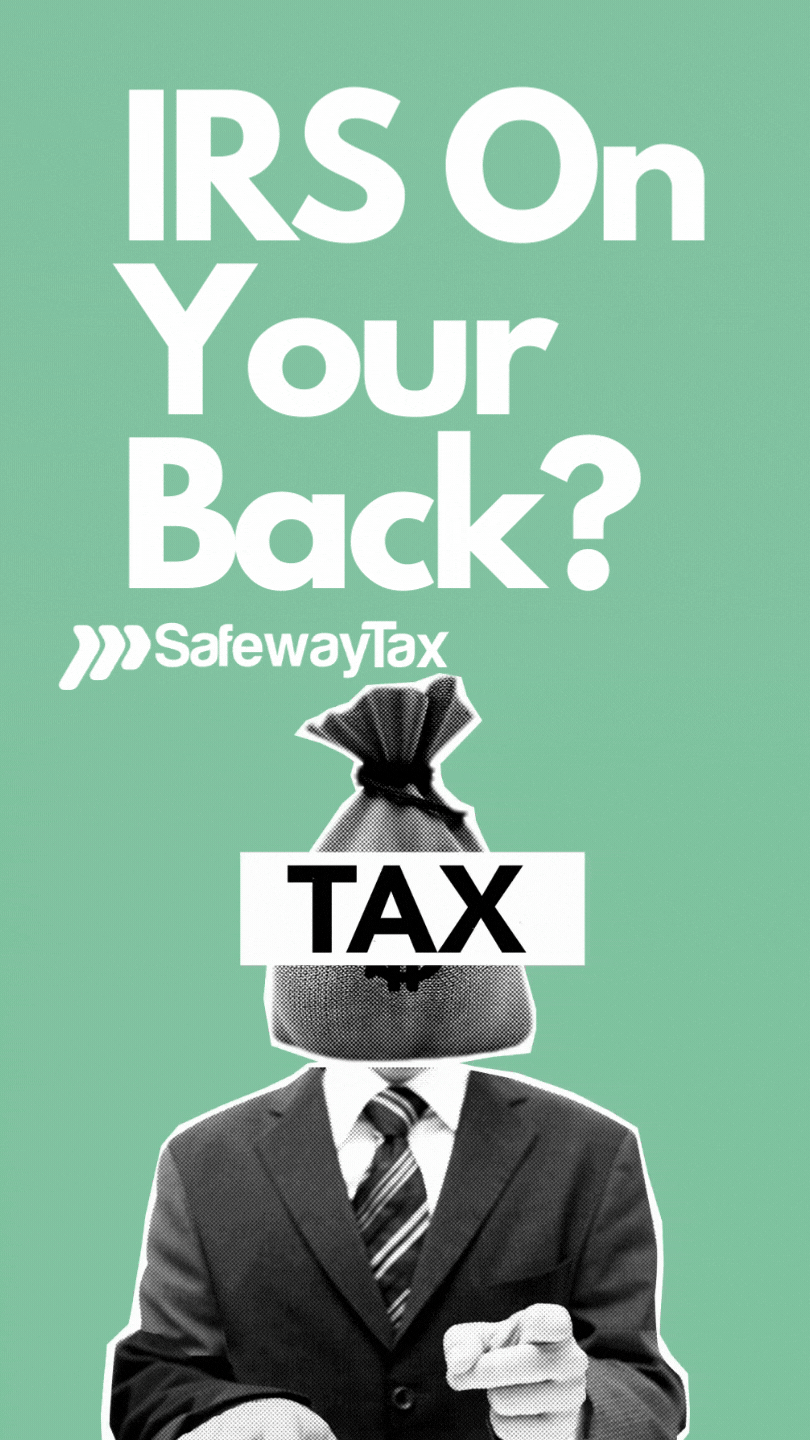Tax season is stressful for most Americans, especially those with outstanding tax debt from previous years. Whether you’ve encountered financial hardships that have prevented you from paying your taxes or you’re dealing with difficult life events that have shifted your focus elsewhere, it’s important to remember that you’re not alone.
In fact, current data suggests that more than 11 million Americans owe the IRS some form of back taxes, ranging from minimal amounts to substantial tax debts. Even more troubling, many taxpayers don’t even realize they owe the IRS money until they check their balance for the upcoming tax season or, even worse, they begin receiving threatening letters directly from the IRS.
If this sounds familiar, don’t panic. Thankfully, there are significant tax relief options available to all Americans regardless of their current financial status, and understanding these tax relief services can save you endless stress and continued hardship if you’re unable to pay your remaining balance right away.
In this blog, we’ll outline our top 5 tax relief tips for anyone who owes the IRS money so you can make an informed decision about your financial future.
1. Never Ignore The IRS
Many Americans make the crucial mistake of thinking that if they ignore any attempted communication from the IRS, their tax woes will go unnoticed. Sadly, this approach often leads to major consequences that can leave you in even more debt than what you initially started with. For example, some of the actions the IRS takes against those who owe money include:
Penalty Fines
The first step the IRS takes to collect an outstanding balance is to add penalties to your future tax payments. The Failure to Pay Penalty starts out as a 0.5% interest rate for each month you go without paying but can be increased up to 1% if the IRS has attempted to contact you several times. This can also result in the IRS taking back any tax refunds from the previous year, as these will be used to lower your balance.
Tax Liens
If you continue to not pay your taxes despite having penalties levied against you, the IRS may file a tax lien, which will severely impact your credit and may prevent you from purchasing or selling major items like a car or home. Tax liens are also a public record and reflect negatively on you if you’re attempting to find employment.
Wage Garnishments
Finally, the IRS may seek to collect your payments by garnishing a percentage of wages. However, if you don’t have any income, they could also seize any assets you have in your name, including personal property.
No matter what route you decide to take when settling your debt with the IRS, you’ll need to communicate your plans with them as quickly as possible, so working with a qualified tax relief advocate is a good idea in most cases.
2. Request A Payment Extension
Now, the easiest option when it comes to paying off your tax debt is to request an extension. This option is ideal for individuals who are confident that they’ll be able to pay off their debts within the extended time frame and who are otherwise in good standing with the IRS.
That being said, you’ll need to act quickly if you choose this option, as the IRS requires all extension requests to be filed by an April deadline. Typically, you’ll be given an additional 180 days, or 6 months, to pay off your balance with an extension, and you won’t incur any penalty charges during this time period.
3. Apply For A Tax Settlement Program
If you owe a substantial balance to the IRS and don’t expect that you’ll be able to pay within the extension period, filing for a tax settlement program is one of the most effective tax relief strategies available. Sometimes referred to as an Offer in Compromise, this tax relief service allows you to settle your balance by offering a significantly lower amount than what you currently owe, which will be agreed upon by you and the IRS.
To take advantage of this option, we strongly suggest working with a dedicated tax relief specialist to help you maximize your settlement.
4. Set Up A Payment Plan With The IRS
If, for whatever reason, the IRS does not accept your Offer in Compromise, you can still lessen the burden of your tax debt by setting up a payment plan to handle the remaining balance. Many people choose to pay their tax debt in installments simply because it allows them to better allocate their finances throughout the year rather than paying a large sum during tax season.
Depending on the amount of money you owe, the IRS has both long-term and short-term payment plans that can be tailored to your needs and budget, and you can easily apply for, set up, and manage your payments online.
5. Apply For The Fresh Start Initiative
In extreme cases where financial hardship is preventing you from taking advantage of any of these tax relief options, you may qualify for a unique program known as the Fresh Start Initiative. This initiative, which was launched by the government in 2011, was designed to help struggling Americans either reduce or completely eliminate their tax debt on a case-by-case basis.
While the outcome of this program varies from one individual to another, many of our clients have successfully reduced their tax debt down to zero just by taking the time to apply for this innovative tax relief service, giving them the freedom to start over without the looming threat of retaliation from the IRS.
How To Find Tax Relief Fast
Being at odds with the IRS is a situation that no American wants to be in. That’s why our team of tax relief experts has compiled a collection of comprehensive resources to help you take control of your tax debt, from reducing the amount you own to eliminating your debt altogether. If you’re ready to find the peace of mind you deserve, connect with one of our tax relief advocates today.





